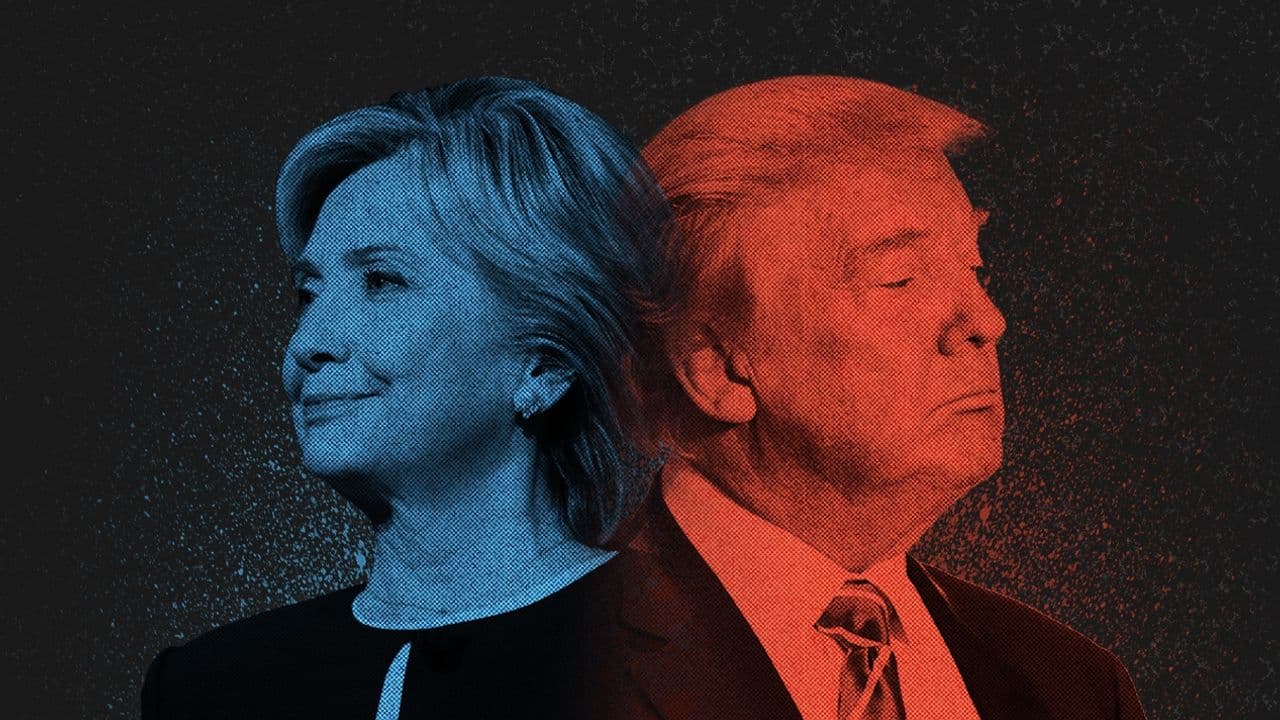How the 2016 Presidential Election Will Shape the Future of Franchising
With issues like minimum wage, the joint employer standard and overtime regulations on the line, there’s a lot at stake when Americans head to the polls next Tuesday to cast their vote.
The race for the White House is nearing the finish line. After months of headlines, debates and campaigning, the 2016 presidential election is officially here. In just one week, the nation will cast their vote for either former Secretary of State Hillary Clinton or billionaire businessman Donald Trump.
There’s no doubt that there’s a lot on the line when Americans head to the polls next Tuesday. But for members of the business community—especially those operating within the franchising industry—the stakes are even higher. The outcome of this year’s presidential race has the potential to alter the way that franchise brands are able to run their businesses in the months and years to come. That’s why it’s critical for industry professionals to be aware of the issues that will ultimately shape the regulatory environment in which brands will be forced to operate.
All year leading up to the election, 1851 Franchise has been following three key issues that will play a major role in Tuesday’s election. Here’s what you need to know before filling out your ballot.
Minimum Wage
While the current federal minimum wage is $7.25, there are 29 states that mandate workers be paid more. That means that depending on a state, city or county’s individual minimum wage laws, the upcoming election will play a varying role in determining future hourly payment rates across the country. However, the presidential candidates have the potential to set the tone for whether or not wages should be bumped up to the $15 standard that many are fighting for.
The International Franchise Association has been speaking out against a $15 minimum wage for years. Back in 2013, the organization released a statement saying, “Some of the calls for a higher minimum wage ignore the fact that franchisors do not determine wages. Franchisees do. These franchisees are small business owners that are already operating on thin margins due to a still very sluggish economic recovery, rising commodity and energy costs (which directly and negatively affects foodservice distribution pricing), while also trying to navigate through Obamacare with minimal negative impact to their businesses.”
The IFA echoed that sentiment again this year when it urged the U.S. Supreme Court to consider its challenge to Seattle’s minimum wage increase. The city’s law requires businesses with more than 500 employees to raise the minimum wage to $15 within three years. The issue is that the new rule groups local franchise owners in with their larger brands, forcing them to comply with the rule.
When the organization’s challenge was rejected, IFA President and CEO Robert Cresanti said in a release, “Seattle’s ordinance is blatantly discriminatory and affirmatively harms Seattle hard-working franchise small business owners every day since it has gone into effect.”
Joint Employer Standard
Another potential threat facing the franchising industry this election season is the National Labor Relations Board’s new joint employer standard. Traditionally, franchisees have independently hired employees, set wages, managed staff and run the daily operations of their local businesses. But under the NLRB’s new ruling, franchisors and franchisees can share the ability to govern workers’ terms and conditions of employment. The IFA says that undermines the basis of the franchise model that’s been successful for years.
When the standard was first announced, IFA chairman and NRD Capital managing partner Aziz Hashim explained how the franchising industry was being targeted by the government. He told CNBC, “It is an attack by bureaucrats and union bosses that can stunt job growth and do damage in the economy. Franchising contributes $1.5 trillion annually to the U.S. economy and is the largest vocational system in America. We train people to do jobs and pay them at the same time. It’s a gateway to entrepreneurial opportunity. Why stymie its growth?”
But the IFA didn’t simply discuss its unhappiness with the NLRB’s ruling in the media—the organization sent witnesses to testify on Capitol Hill. Over the summer, representatives from the franchisor and franchisee sides of the business both explained to the Senate Committee on Small Business and Entrepreneurship how the ruling is stunting their growth.
Ciara Stokeland, the founder and CEO of MODE, said, “Beyond the Washington legalities, you must understand how absurd this policy is. Put simply, a small business like mine may be held liable by Washington regulators for another business’ employees—employees that I didn’t hire, don’t supervise and I should not be liable for.”
Overtime Regulations
No matter who wins the desk in the Oval Office, overtime regulations are already changing. The Obama administration is extending overtime pay to 4.2 million workers across the U.S. through a new rule that doubles the maximum annual income a salaried worker can earn and still be automatically eligible for overtime pay. In the past, business owners were only required to pay overtime to employees who worked more than 40 hours a week while earning less than $23,660. However, starting on December 1, overtime pay extends to employees making under $47,476.
The new regulations have been criticized by business groups since they were finalized back in May. In fact, the IFA responded by saying these overtime rules will harm thousands of workers.
In a press release, Cresanti said, “Far from ‘giving America a raise,’ the new overtime rule will compel many franchise businesses to reduce their managers’ take-home pay simply to comply with the extreme new salary level. The rule is unfair to employees who will need to be reclassified from exempt to non-exempt, and thus effectively demoted.”
While the new regulations are already set to go into effect, the outcome of the election can determine whether or not they stay active. While Clinton has applauded the Obama administration’s overtime rule, Trump has stayed quiet. Republicans in Congress, on the other hand, are more vocal about their concerns.
1851 Franchise will continue to provide updates on the presidential race and its impact on the franchising industry throughout the entire election season. Follow along here as well as our Facebook and Twitter pages for new features, news alerts and interviews with industry leaders.









